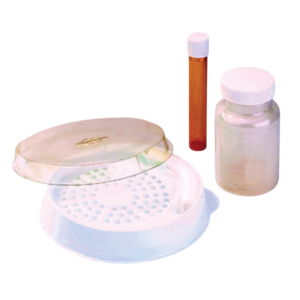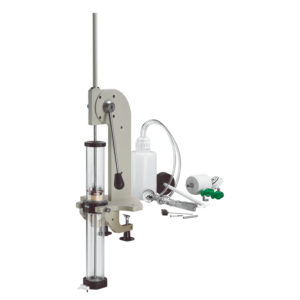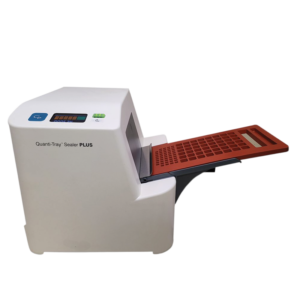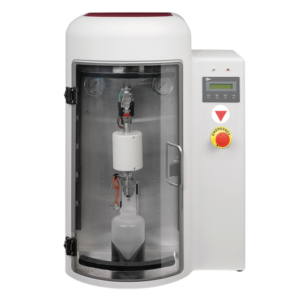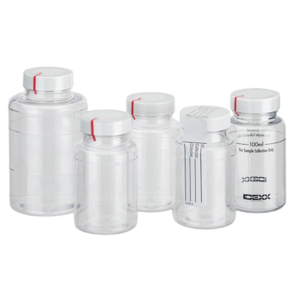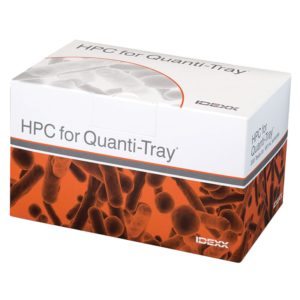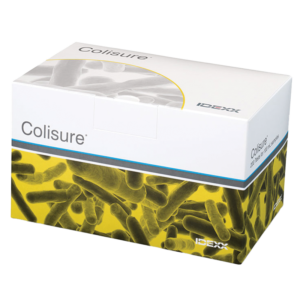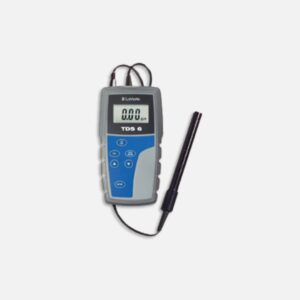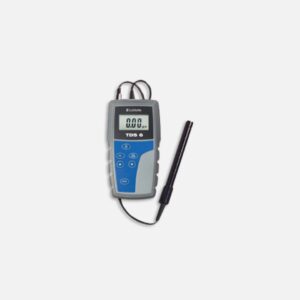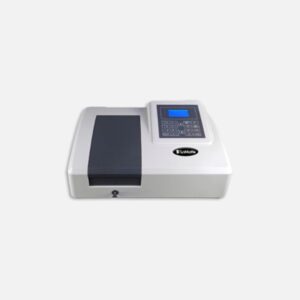Environmental Laboratory
Environmental Laboratory
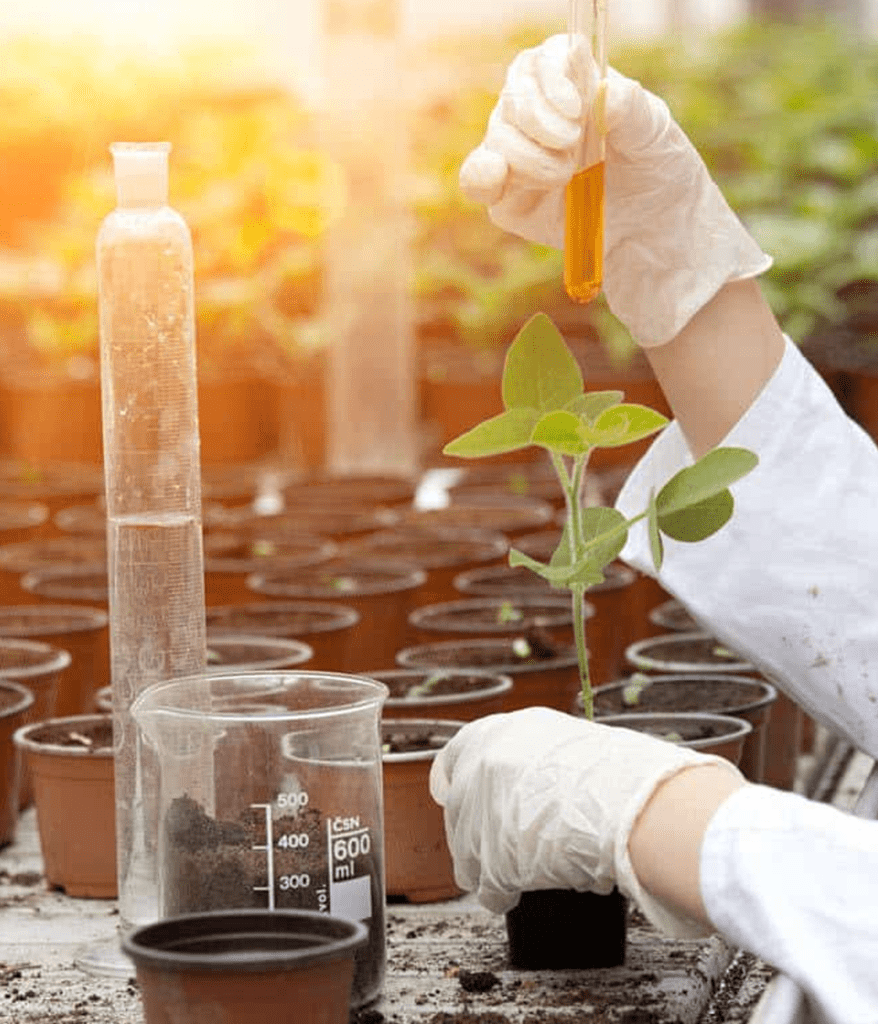
An environmental laboratory plays a pivotal role in safeguarding our planet by assessing and monitoring various aspects of the environment. This specialized facility is equipped with cutting-edge technology and a team of skilled scientists dedicated to studying the impact of human activities on ecosystems. One of its primary functions is to analyze air, water, soil, and other environmental samples to detect pollutants and assess overall environmental quality.
In the realm of air quality, environmental laboratories utilize sophisticated instruments to measure pollutants such as particulate matter, volatile organic compounds, and gases like carbon monoxide and ozone. Water analysis involves assessing parameters like pH, dissolved oxygen, and the presence of contaminants like heavy metals and pesticides. Soil testing is crucial for understanding nutrient levels, contamination, and soil composition.
These laboratories employ state-of-the-art techniques such as chromatography, spectrophotometry, and molecular biology methods to ensure accurate and precise results. The data generated from these analyses inform regulatory bodies, policymakers, and industries about potential environmental risks and aid in the development of sustainable practices.
Environmental laboratories also play a crucial role in research and development, contributing to the advancement of environmental science. They support the identification of emerging contaminants, the development of new monitoring methods, and the evaluation of the effectiveness of pollution control measures.
In essence, an environmental laboratory serves as a guardian of the Earth, providing essential information to mitigate environmental challenges and foster a healthier, more sustainable planet for future generations. As our understanding of environmental issues deepens, the role of these laboratories becomes increasingly vital in shaping environmentally responsible policies and practices.



